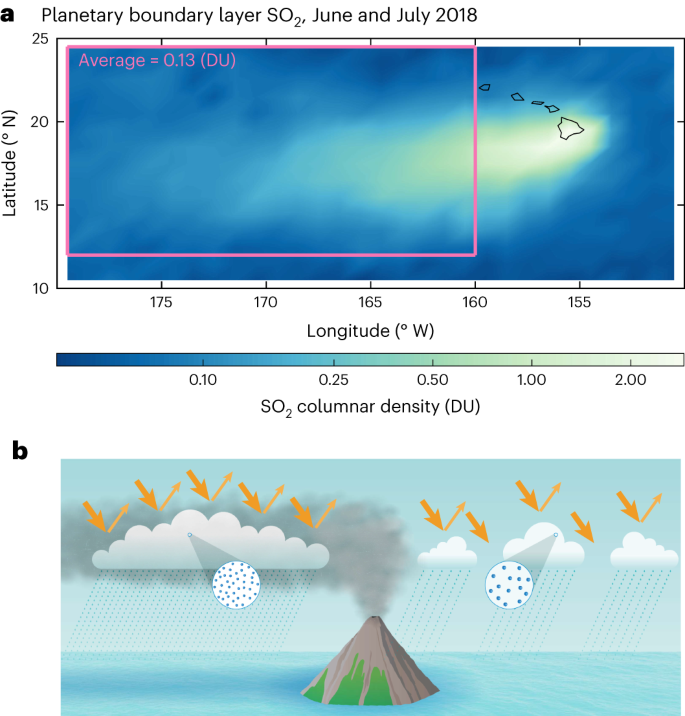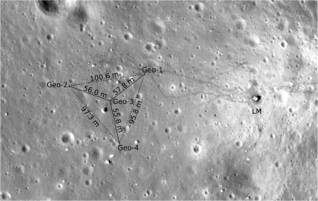2024-04-10 バーミンガム大学
<関連情報>
- https://www.birmingham.ac.uk/news/2024/cloud-engineering-could-be-more-effective-painkiller-for-global-warming-than-previously-thought
- https://www.nature.com/articles/s41561-024-01427-z
エアロゾルによる熱帯海域の雲量増加による大幅な冷却効果 Substantial cooling effect from aerosol-induced increase in tropical marine cloud cover
Ying Chen,Jim Haywood,Yu Wang,Florent Malavelle,George Jordan,Amy Peace,Daniel G. Partridge,Nayeong Cho,Lazaros Oreopoulos,Daniel Grosvenor,Paul Field,Richard P. Allan & Ulrike Lohmann
Nature Geoscience Published:11 April 2024
DOI:https://doi.org/10.1038/s41561-024-01427-z

Abstract
With global warming currently standing at approximately +1.2 °C since pre-industrial times, climate change is a pressing global issue. Marine cloud brightening is one proposed method to tackle warming through injecting aerosols into marine clouds to enhance their reflectivity and thereby planetary albedo. However, because it is unclear how aerosols influence clouds, especially cloud cover, both climate projections and the effectiveness of marine cloud brightening remain uncertain. Here we use satellite observations of volcanic eruptions in Hawaii to quantify the aerosol fingerprint on tropical marine clouds. We observe a large enhancement in reflected sunlight, mainly due to an aerosol-induced increase in cloud cover. This observed strong negative aerosol forcing suggests that the current level of global warming is driven by a weaker net radiative forcing than previously thought, arising from the competing effects of greenhouse gases and aerosols. This implies a greater sensitivity of Earth’s climate to radiative forcing and therefore a larger warming response to both rising greenhouse gas concentrations and reductions in atmospheric aerosols due to air quality measures. However, our findings also indicate that mitigation of global warming via marine cloud brightening is plausible and is most effective in humid and stable conditions in the tropics where solar radiation is strong.


